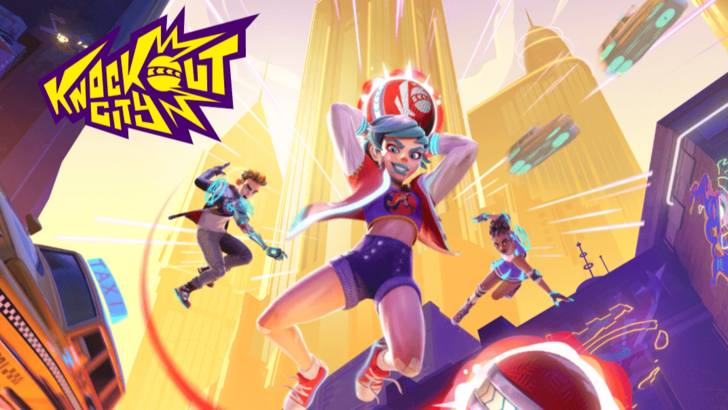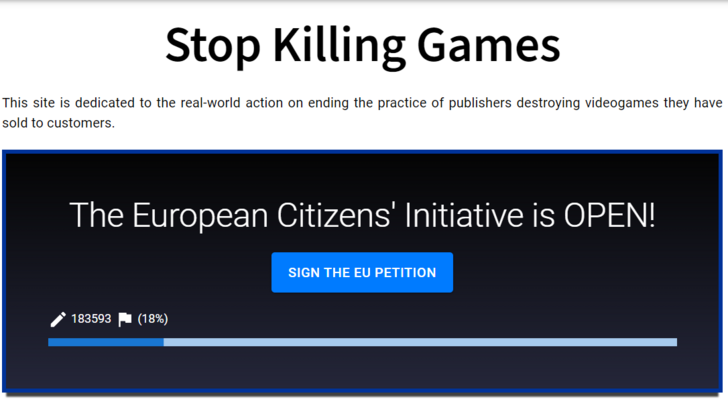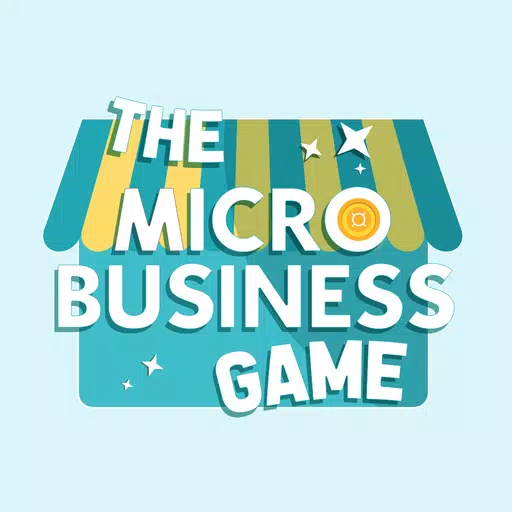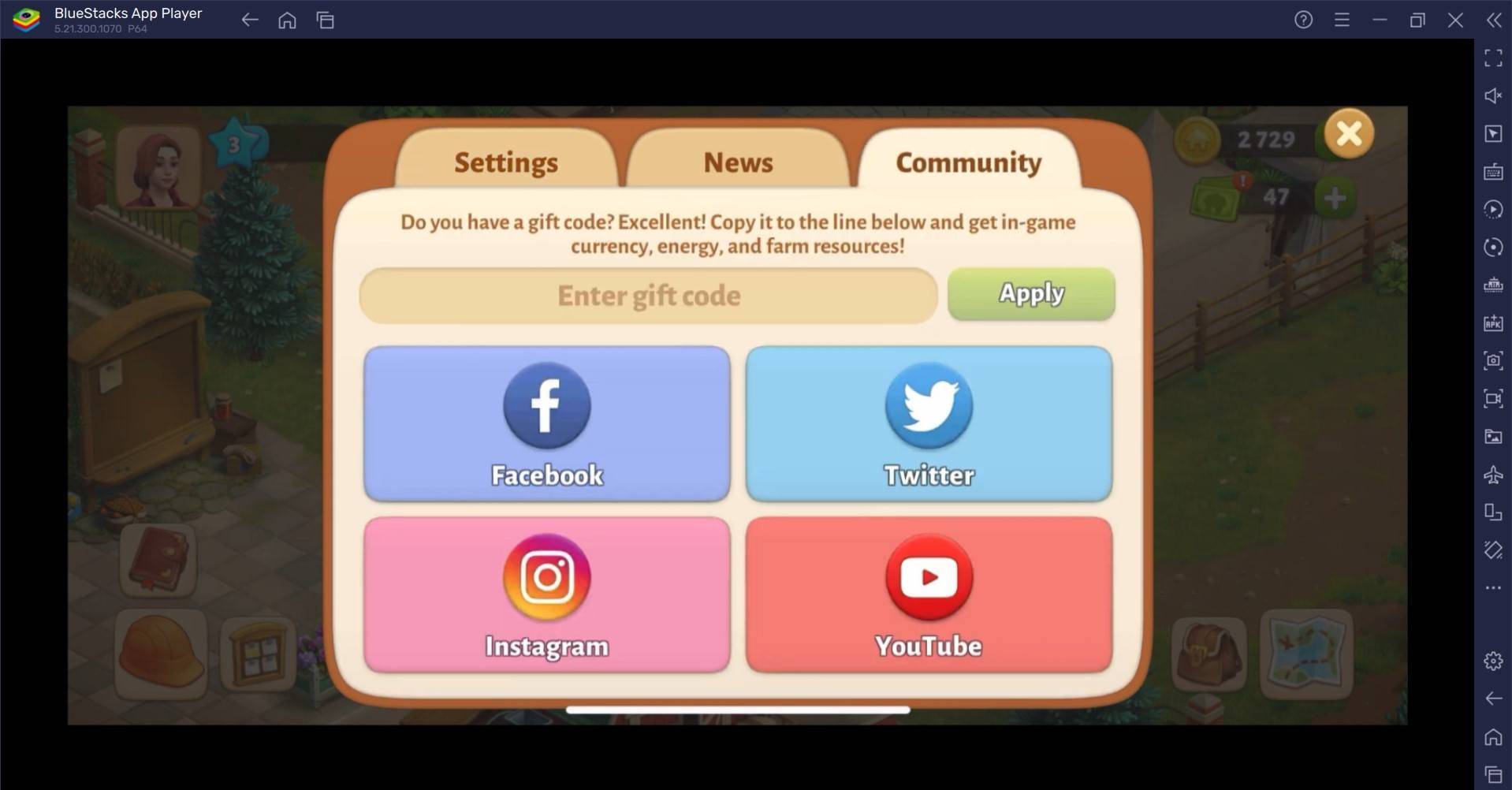Protect MMO Games: Sign Petition to Initiate EU Legislation
 Ubisoft's decision to shut down The Crew ignited a European-wide petition demanding legal protection for digital game purchases. This article explores the petition's goals and the fight to preserve players' investments in online games.
Ubisoft's decision to shut down The Crew ignited a European-wide petition demanding legal protection for digital game purchases. This article explores the petition's goals and the fight to preserve players' investments in online games.
European Gamers Unite to Save Online Games
One Million Signatures Needed for EU Law Proposal: "Stop Killing Games"
A significant movement is underway in Europe to protect players' digital game ownership. The "Stop Killing Games" petition urges the European Union to pass legislation preventing publishers from making games unplayable after ending support.
Campaign organizer Ross Scott is confident of success, citing alignment with existing consumer protection laws. While the proposed law's enforcement would be limited to Europe, Scott hopes its impact on this major market will encourage global change, either through similar legislation or industry-wide standards.
The campaign faces a significant hurdle: the "European Citizen’s Initiative" requires one million signatures from across Europe within one year to trigger a formal legislative proposal. Eligibility is simple: European citizens of voting age (age varies by country).
Launched in August, the petition has already garnered 183,593 signatures. While a considerable effort remains, the year-long timeframe offers a realistic path to achieving the goal.
Holding Publishers Accountable for Server Shutdowns
 Ubisoft's abrupt termination of The Crew's online services in March 2024 highlighted the issue, effectively wiping out the investment of 12 million players.
Ubisoft's abrupt termination of The Crew's online services in March 2024 highlighted the issue, effectively wiping out the investment of 12 million players.
The closure of online-only games like SYNCED and NEXON’s Warhaven in 2024 further underscores the problem of lost investment in unplayable games.
"It's a form of planned obsolescence," Scott explains in a YouTube video. "Publishers are destroying games they've already sold, yet keeping the money." He compares this to the silent film era, where studios destroyed films to reclaim silver, resulting in the permanent loss of countless movies.
The petition aims to simply ensure games remain playable at the time of shutdown. The initiative states that the proposed law would require "publishers that sell or license video games to consumers in the European Union...to leave said videogames in a functional (playable) state." The specific implementation method would be left to the publishers.
 The initiative also seeks to address free-to-play games with microtransactions, arguing that the loss of access to purchased items constitutes a loss of goods. The example of Knockout City, shut down but later released as a free-to-play game with private server support, demonstrates a potential solution.
The initiative also seeks to address free-to-play games with microtransactions, arguing that the loss of access to purchased items constitutes a loss of goods. The example of Knockout City, shut down but later released as a free-to-play game with private server support, demonstrates a potential solution.
However, the initiative does not demand: relinquishing intellectual property rights; releasing source code; providing endless support; mandatory server hosting; or assuming liability for player actions.
 To support the campaign, sign the "Stop Killing Games" petition. Remember, only one signature per person is valid. The website provides country-specific instructions to avoid invalidating signatures.
To support the campaign, sign the "Stop Killing Games" petition. Remember, only one signature per person is valid. The website provides country-specific instructions to avoid invalidating signatures.
Even non-European residents can help by spreading awareness, Scott emphasizes. The ultimate goal is to create a "ripple effect" within the gaming industry to prevent future game closures.
-
Want to get your hands on the most affordable PlayStation 5 console available? AliExpress is currently running a US Anniversary Sale, featuring an imported Sony PlayStation 5 Slim Disc Edition gaming console for just $397.94 with free shipping afterAuthor : Stella Nov 22,2025
-
A Feast for Crows: The Illustrated EditionThe wait continues for "The Winds of Winter," but fans of George R.R. Martin's epic saga have something new to anticipate. The author recently revealed the cover for the illustrated edition of "A Feast for CrAuthor : Hannah Nov 21,2025
- WWE Superstars Join Call of Duty Warzone: Mobile Roster
- Midnight Girl is a minimalist point-and-click adventure set in Paris in the 60s, now open for pre-orders on mobile
- Mobile Legends: Bang Bang – Best Lukas Build
- "Grand Outlaws Unleashes Chaos and Crime on Android Soft Launch"
- Monster Hunter Now Adds New Monsters for 2025 Spring Fest
- "Fallout Season 2 Premieres in December 2025, Season 3 Confirmed"






















